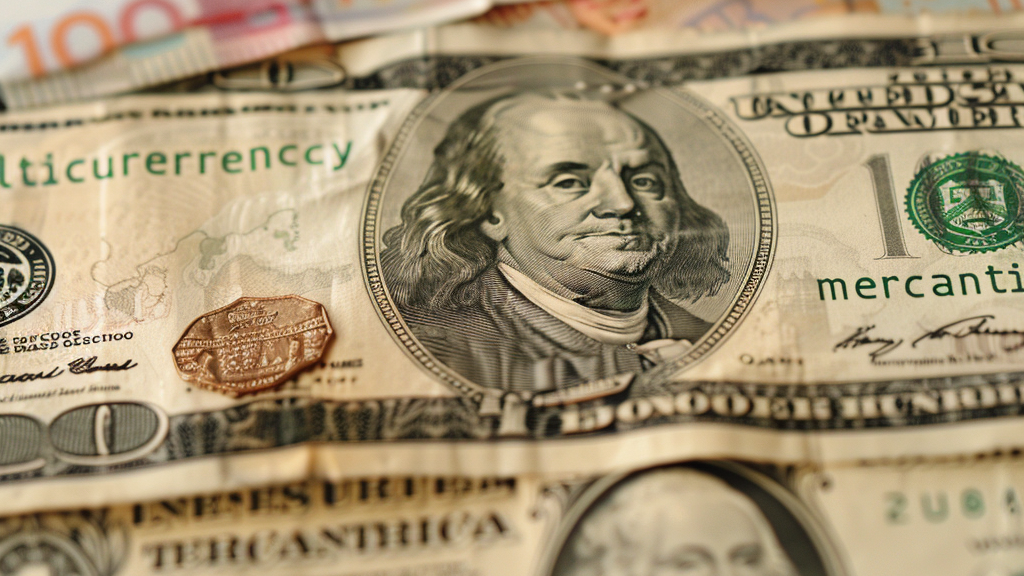Multicurrency Mercantilism is a concept that involves the use of multiple currencies in international trade and economic strategies, often influenced by the principles of mercantilism. To understand the concept of “multicurrency mercantilism“, it’s helpful to break it down into its two components: multicurrency practices and mercantilism. The following article presents the facts as we know them today on both multicurrency practices and mercantilism which when combined give us Multicurrency Mercantilism.
The Best Bitcoin, Ethereum and Cardano ₳ Explanation
This happened 4 years ago and is still the best high-level overview of the various phases cryptocurrency has evolved through.
Consider Fixing Education
Fix education or spend more on military and arm yourselves.
Ask Ukrainians if they prefer public school or military training. After fighting their entire lives ask if they want to shorten or elongate the war. The process of winning a long war against 200k Russian soldiers continues. Ukraine, with 40+million civilians would likely win. But are they educated enough to get out of this now protracted war.
What happens when you push a bear into a corner? Does your education tell you that you get peace or bombs. So many smart people running around talking economic whatever when the only discussion is crypto’s relationship to nuclear warheads.
Cryptophobes do not make good negotiators or military strategist. It’s like asking the state of Hawaii to manage your hemp industry. No one wins, ever. Right now would be a good time to have more high school graduates.
On Facebook and Twitter, Oleksii Reznikov offered 5 million Russian rubles and full amnesty to soldiers if they, “put down their guns and voluntarily surrender to prison.”
The system of sending your kids into a bad education system so you can pay for life ie; having kids is not working. And that right there is the reason we print money instead of earning it in america -confusion among voters. As the world’s largest energy exporter americans should vote for people who will completely destroy the department of education and build the world’s best education system. Save nothing. Learn to thrive.


